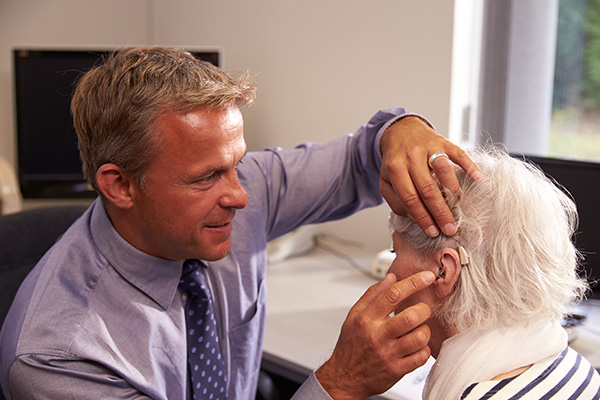Top Qualities to Look for in an Audiologist
Audiology is a profession that requires a four-year doctoral degree, but


Audiology is a profession that requires a four-year doctoral degree, but

The majority of adults have their eyes examined routinely, but they do not

It’s a question that’s often asked by people who both